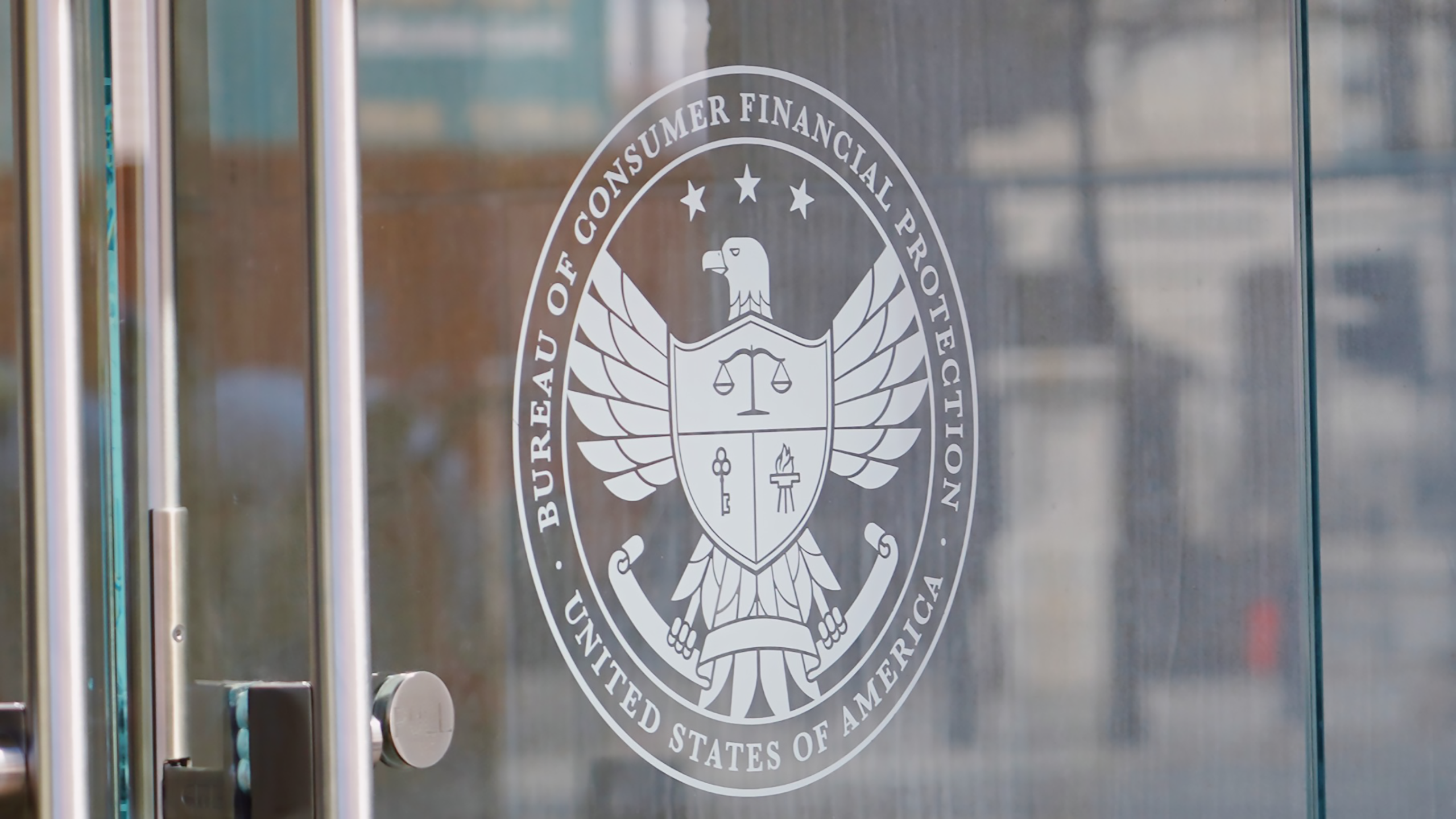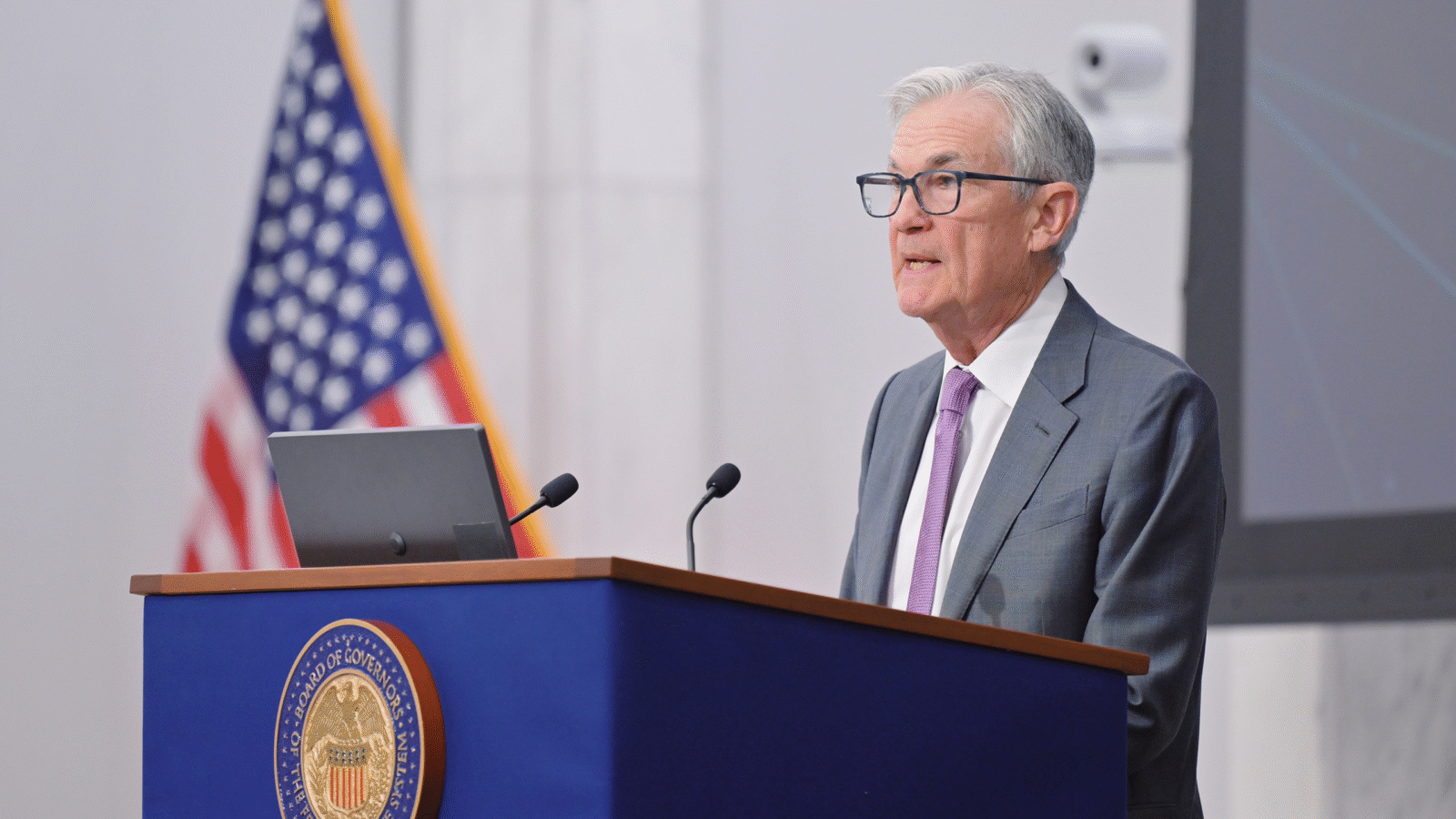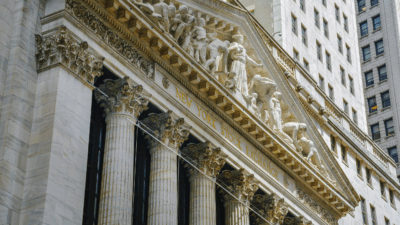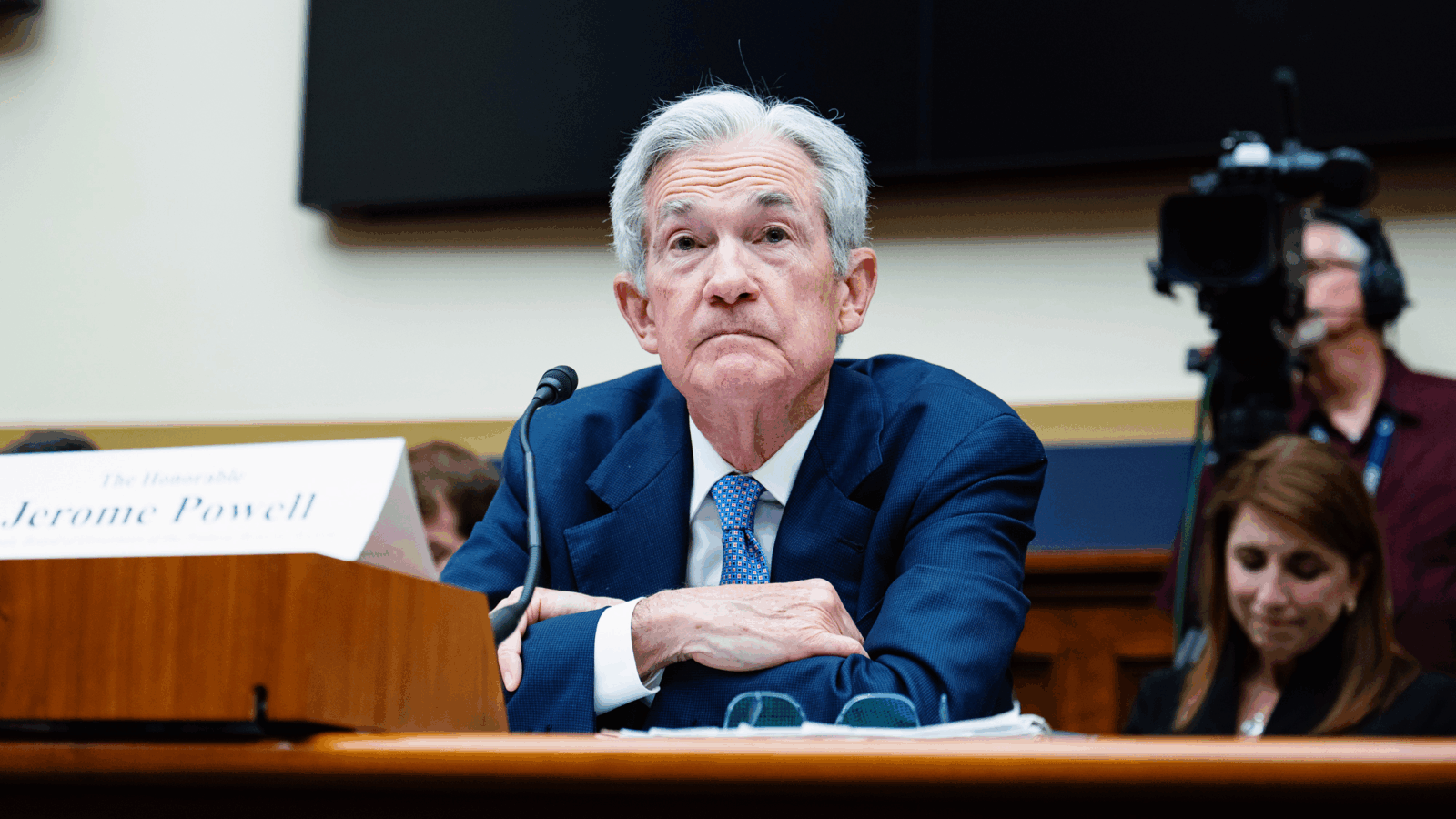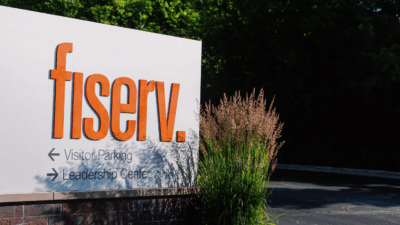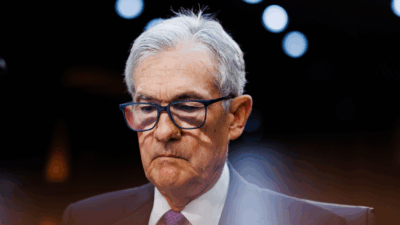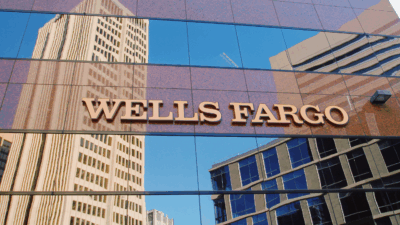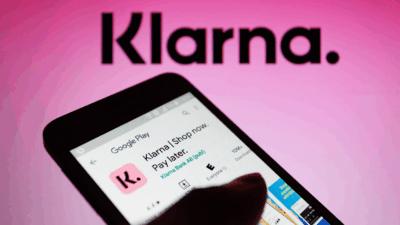Regulation is Here at Last for Buy Now, Pay Later
But the new don’t require platforms to report how they interact with credit bureaus, keeping many transactions in a black box.
Sign up for smart news, insights, and analysis on the biggest financial stories of the day.
The buy now, pay later industry is paying now for its lack of transparency.
On Wednesday, the US Consumer Financial Protection Bureau (CFPB) announced new rules that finally put up some guardrails around buy now, pay later (BNPL) players. Their solution? To treat providers a lot like — you guessed it — credit cards.
Buy Now, Cry Later
BNPL has long allowed customers to place purchases into a four-month payment plan. And usage — particularly among zoomers and other young shoppers — has exploded, likely due in part to the current inflationary era. According to Adobe Analytics, US online shoppers used BNPL for nearly $20 billion worth of purchases in the first quarter of the year alone, up 12% from a year ago. Meanwhile, the global BNPL market could grow as high as $700 billion by 2028, according to Juniper Research. One in five US households uses BNPL platforms, according to Federal Reserve Bank of New York estimates, with many users often having limited access to credit.
But all that quasi-credit spending has created what Wells Fargo senior economist Tim Quinlan calls “phantom debt,” an especially troubling trend because major BNPL players like Klarna and Affirm don’t report these mini-loans to major credit agencies. Worse, a recent survey of BNPL shoppers conducted for Bloomberg News found that 43% of users are behind on payments, with 28% saying BNPL payments have forced them to be delinquent on other debts.
The CFPB’s new rules may not curb conspicuous consumption, but they will provide some standards of transparency and protection:
- Under the new rules, BNPL firms offering “buy in four” services will be required to provide regular billing statements, prompt refunds on returned purchases, and investigate consumer disputes — like many of the rules governing credit card companies under the Truth in Lending Act.
- The CFPB’s new rules, however, don’t require platforms to report how they interact with credit bureaus, keeping much of the industry’s transactions in a black box.
Wells Fargo’s Quinlan told Bloomberg that the industry’s discreet nature may see economic experts “lulled into complacency about where consumers are,” adding that “people need to be more awake to the risk of BNPL.”
Orange You Mad: Unsurprisingly, the BNPL industry isn’t thrilled. “Trying to regulate BNPL like a credit card is like comparing apples with oranges,” Klarna wrote in a blog post Wednesday that asked for more industry-specific rules moving forward. We’ll call the press release “cry now, detail bespoke regulatory framework later.”
